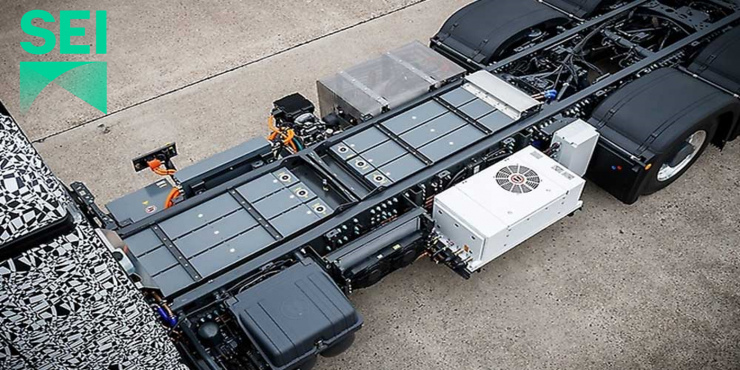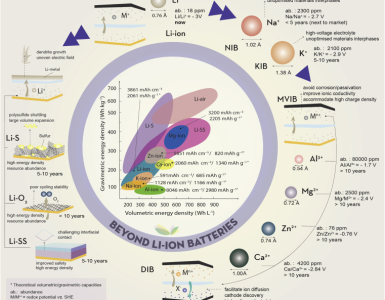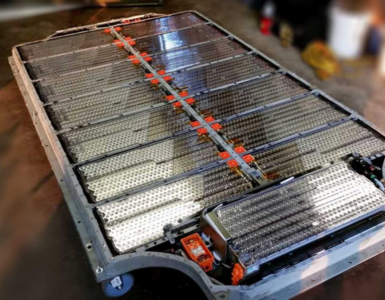Stockholm Environmental Institute: Battery Electric trucks closer to competitiveness with diesel than thought. A report from think tank the Stockholm Environmental Institute (SEI) has found that battery-powered trucks have much greater potential than expected to become economically competitive with diesel trucks.
The transport sector generates approximately a quarter of global carbon emissions, making it a key target of decarbonisation strategies, along with heating and electricity generation.
It is often assumed that heavy battery-powered freight trucks have a limited role to play in these strategies due to the incompatibility of long-distance driving with the high energy use and high cost of batteries associated with these vehicles.
READ the latest Batteries News shaping the battery market
🔥 What about we co-host a webinar? Let's educate, captivate, and convert the battery economy!
Batteries News is the global go-to online magazine for the battery industry, we can help you host impactful webinars that become a global reference on your topic and are an evergreen source of leads. Click here to request more details
However, according to an SEI study – which evaluated costs, energy consumption and battery pack mass – the rollout of fast-charging infrastructure such as that required for personal EVs could dramatically reduce the required range. This would make widespread electrification of trucking far more realistic.
Bjorn Nvkvist, senior SEI research, told Reuters:
Battery technology is very close to a threshold that makes electric trucks feasible and economically competitive.
“All that is missing is one companion component: fast charging.”
The researchers modelled electric trucks that use high-power fast charging, which enables smaller batteries. They demonstrated that the economics of these vehicles per ton-km improves with greater weight, driven by increasing load capacity and increased energy savings as a function of weight.
They also demonstrated that previous findings which appeared to show that heavy trucks are less competitive than light trucks are very closely tied to assumptions about battery cost per kWh and lifetime of the battery pack. Given the rapid development of battery technology, they concluded that the economic feasibility of heavy battery electric trucks might have been generally underestimated.
This could be an incentive to policymakers and the private sector to focus on expanding charging infrastructure to encourage electric truck take-up – under a model of short ranges and frequent charges – as part of national decarbonisation strategies.
Research by Capgemini Investment recently demonstrated that electric trucks could be a valuable technology in helping the EU reach its goal of reaching net-zero carbon emissions by 2050 – a goal also shared by the UK government.
Olle Olsson, co-author of the study said:
In many settings, electric freight trucks can play an important role in reducing emissions from heavy transport.
Among commercially available electric trucks, Tesla is recognised for its striking electric ‘Cybertruck’ models which are projected to have a range of 250-500 miles (400-800km). General Motors joined forces with electric truck start-up Nikola last year in an effort to build vehicles to compete with the Cybertruck, while Volvo Trucks intends to launch a complete range of electric trucks later this year.
According to this comment writer, small vans for the ‘last mile’ deliveries could be the next frontier on the electrification front, with the technology necessary to render them commercially viable now readily accessible.
Electric trucks closer to competitiveness with diesel than previously assumed, April 8, 2021








